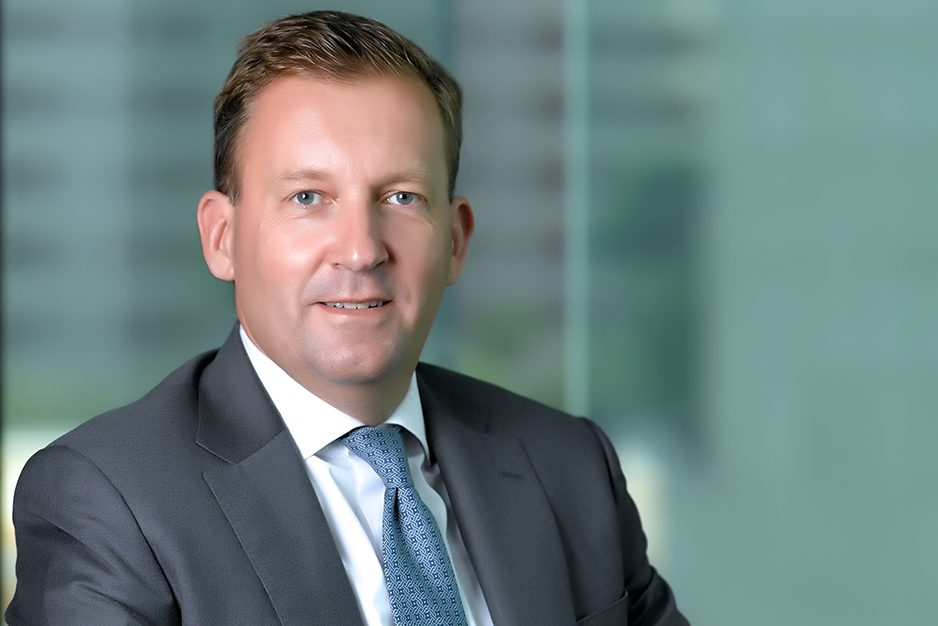Diversity casts a wide talent net

“Inclusion, equity and diversity (IED) is about creating an organisation-wide culture where anyone and everyone feels valued and heard,” Newman said. “It is the key to attracting and unlocking the potential of a diverse workforce and ultimately, building an industry fit for the future that is equitably representative of the territory that we operate in.”
According to Newman, promoting and instilling IED attitudes and initiatives is crucial to a business’s longevity and success. However, the industry still needs to evolve its thinking beyond diversity as building an organisation of diverse people, cultures and backgrounds.
“How will we ever recognise and overcome unconscious biases unless we delve deeper and ask ourselves difficult questions?” he said.
Newman said that diversity and inclusion allows a company to cast its talent net as wide as it possibly can to attract people from all walks of life and avoid only hiring people that think, act and look the same.
“Our objective is to then listen, learn and allow everyone to be their authentic selves,” he said. “It’s also remembering that the small, often overlooked things can make all the difference. For example, our website and internal intranet are digitally accessible to ensure that anyone who requires devices and support can do so online.”
Newman stressed that IED can’t be a short-term aspiration, and that companies must continually invest to create a genuine strategy. Results must also be tangible, because anecdotal tales only get a company, and its workforce, so far. The insurance industry is used to working with large amounts of data, and Newman believes it must also apply this strength when aspiring for IED.
“Here is where our data-led ethos comes in – we rely on evidence to show if we are meeting our own targets and hold ourselves to account if we fall short,” Newman said. “Our leaders are viewed as our role models for change and so all our leadership team are set IED KPIs, further reinforcing our commitment to enacting change. It sends a strong message that this is a business priority. There is always more that can be done, and we use our strengths as an insurance business, scrutinising data and identifying solutions, to shape our strategy.”
He said that Canopius has used modelling to analyse its IED targets against previous growth and leaver numbers while using geographical benchmarks to establish a baseline as well as a stretch target – which the company is determined to achieve.
“We have identified where the glass ceiling exists for particular groups, always considering factors such as regional differences, and periodically reviewing our initiatives,” Newman said. “Our inclusion and diversity network members, alongside wider stakeholders, have also worked to identify priorities and these conversations shaped our 2022 IED action plan. The network has established global and regional gender and ethnicity targets for our general workforce, managers, senior managers, leadership team and board.”
Newman acknowledged that this work can’t happen in a vacuum, so everyone at Canopius plays a role in the betterment of its culture.
“At every level we encourage our teams to be an ally – this can involve training, for example the Active Bystander course, which helps equip people with the tools to challenge unacceptable behaviours in and beyond the workplace,” he said. “Visibility is vital, and it is important to showcase the range of employees across the company, highlighting their contributions, celebrating their accomplishments and appreciating them for who they are. IED also can’t be about quotas. The hiring process is and always will be about hiring the best person for the role, having first cast the net wide across all walks of life, background and beliefs.”
These ongoing efforts have produced benefits for Canopius, leading to better morale and retention among employees and higher trust in the company.
“Morale and resilience in the face of challenging moments at work are ever increasing and people have felt empowered to propose new ideas without fear of judgement or to agree or disagree without censorship,” Newman said. “We are extremely proud that, in a recent survey, 86% of our employees said they felt that ‘everyone at this company is treated fairly’ and 83.2% said they felt comfortable being themselves at work.”
Newman acknowledged that there is still more work to be done, and, like many other businesses, Canopius is striving to address the roadblocks people face. This is where partnerships come in.
“For instance, we work with the Society for the Physically Disabled and hold leadership talks with prominent figures to help raise awareness about disability in the community,” he said. “This also aids us in building a company where career progression is an aspiration for all, where we abolish previously unseen or unacknowledged career barricades.
“The way we work can also be a barrier for many seeking open employment and a purposeful career, from health concerns to parental pressures. We have adopted a hybrid work model so that our colleagues can give their best while also acknowledging their personal circumstances. If we rebalance our needs – both business and personal – and trust our people, we empower them to do the right thing in their working day.”
Due to Canopius being a global company, Newman believes that diversity conversations and solutions need to be specific to each region – “one size fits all” does not apply with IED.
“Businesses need to set up regional committees and have granular-level conversations to reflect the markets they work in,” he said. “This takes time, resources and commitment, but building a braver culture that benefits all employees and encourages them to be their authentic selves is something well worth investing in for the future.”





